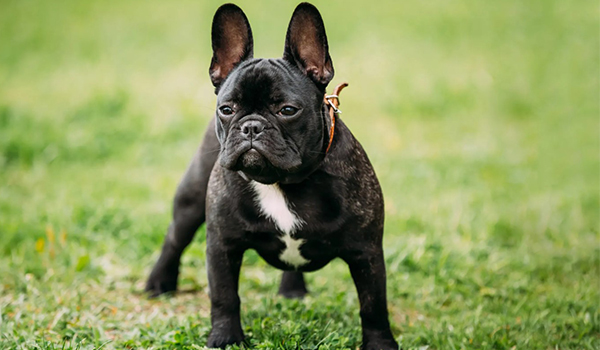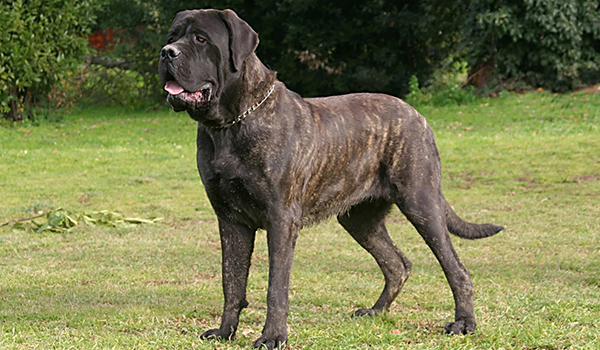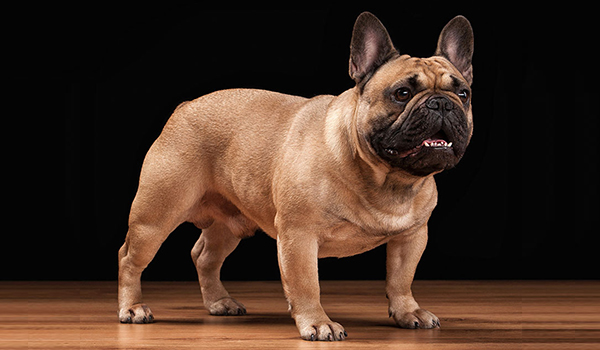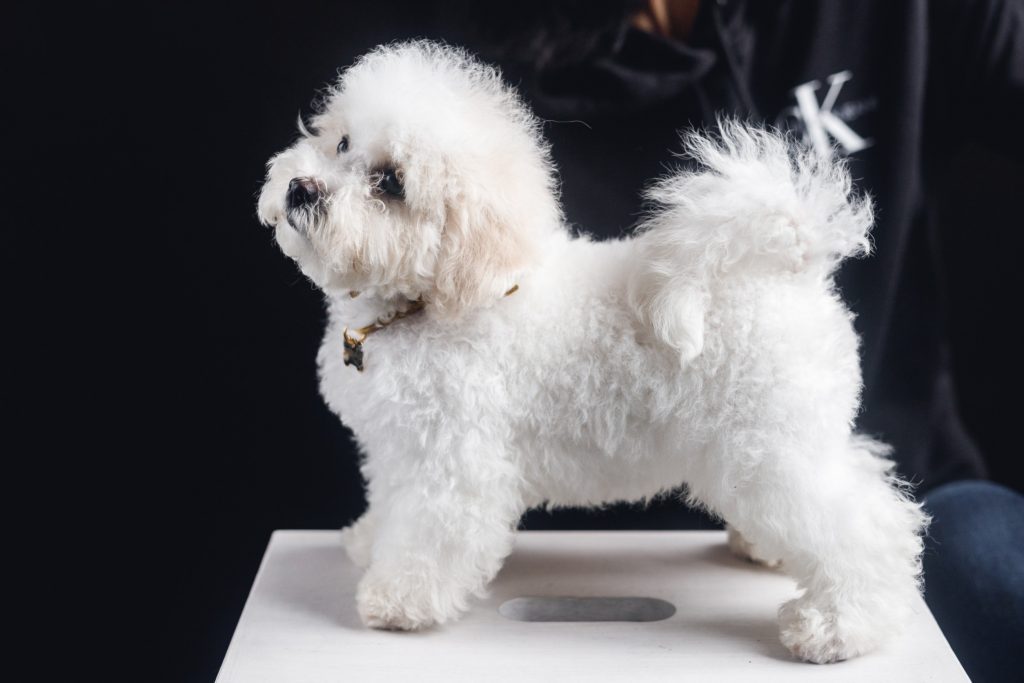
The Bichon Frise is a cloud of white fluff with a merry heart. Known for their cheerful disposition, playful antics, and hypoallergenic coat, they are the epitome of a cheerful companion dog. With their dark, inquisitive eyes and perpetually happy expression, they seem to radiate joy. But behind the powder-puff appearance lies a sturdy, intelligent, and sometimes stubborn little dog with specific care needs.
This comprehensive guide will explore everything a future owner needs to know about the Bichon Frise, from their history as court jesters to their modern-day grooming requirements, to help you decide if this charming and affectionate breed is the right fit for your home.
Breed Overview
- Group: Non-Sporting
- Height: 9.5 – 11.5 inches (at the shoulder)
- Weight: 12 – 18 pounds
- Life Span: 14 – 15 years
- Coat: A double coat with a soft, dense undercoat and a curly, coarse outer coat that stands away from the body. It is hypoallergenic and low-shedding, but requires extensive grooming. The color is always white, sometimes with cream, apricot, or gray shadings around the ears or body.
A Brief History: From Mediterranean Sailor to Royal Favorite
The Bichon type of dog has a long history, descending from the Water Spaniels and originating in the Mediterranean area. They were popular companions for sailors because their size and temperament made them good shipboard pets. Italian sailors brought them to Europe in the 14th century, where their charm quickly won over the nobility, particularly in Spain, France, and Italy.
The breed’s name comes from the French “Bichon à poil frisé,” meaning “curly-haired small dog.” They were the darlings of French royalty, including King Francis I and Henry III. After falling out of royal favor, they became common street performers and circus dogs, which honed their intelligence and playful nature. They were recognized by the AKC in 1973.
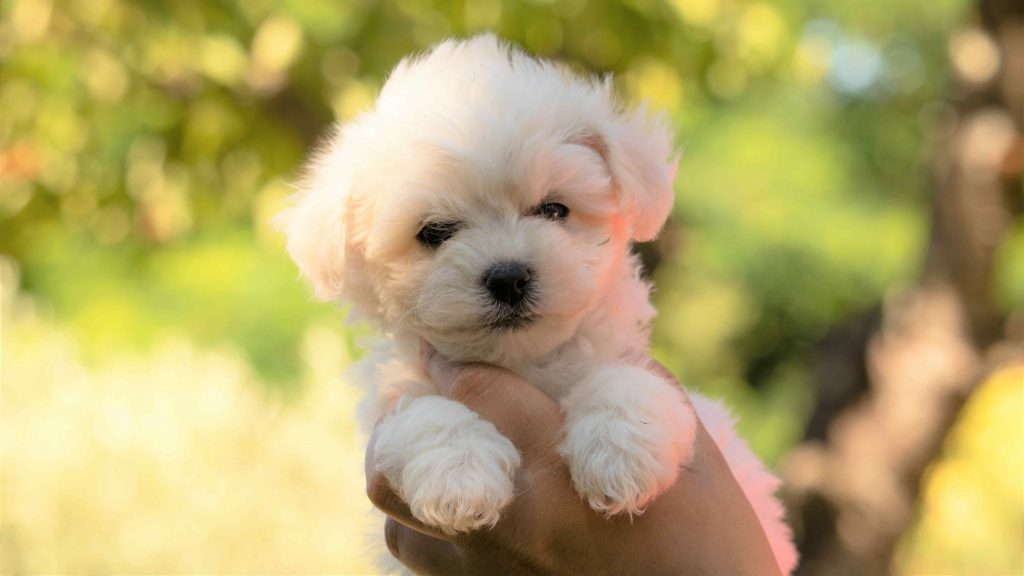
The Bichon Frise Temperament: A Merry and Affectionate Clown
The Bichon’s temperament is its greatest asset. They are true companion dogs, bred for centuries to be loving and entertaining.
- Cheerful & Playful: Bichons have a happy, merry, and playful demeanor that lasts their entire lives. They are often described as having a “clown-like” personality and love to entertain their families.
- Affectionate & People-Oriented: They thrive on human companionship and are known for being affectionate and gentle with their families. They make excellent therapy dogs due to their friendly nature.
- Charming & Outgoing: They are typically outgoing, curious, and friendly with strangers and other dogs. They have no guard dog instincts and are more likely to greet an intruder with a wagging tail.
- Intelligent & Trainable: They are bright and quick to learn, which made them successful circus performers. However, they can have an independent streak and may get bored with repetition.
- Sensitive: They are sensitive dogs that respond best to positive reinforcement and a gentle hand. They do not do well in harsh or chaotic environments.
Caring for Your Bichon Frise
Exercise: Moderate Needs for a Small Dog
Their exercise requirements are manageable and well-suited for apartment or city living.
- Daily Requirements: 20-30 minutes of daily activity is sufficient. This can include short walks, active indoor play sessions, and games of fetch.
- Mental Stimulation: Their intelligence needs an outlet. They enjoy puzzle toys, learning new tricks, and obedience training. This helps prevent boredom, which can lead to nuisance barking or destructive chewing.
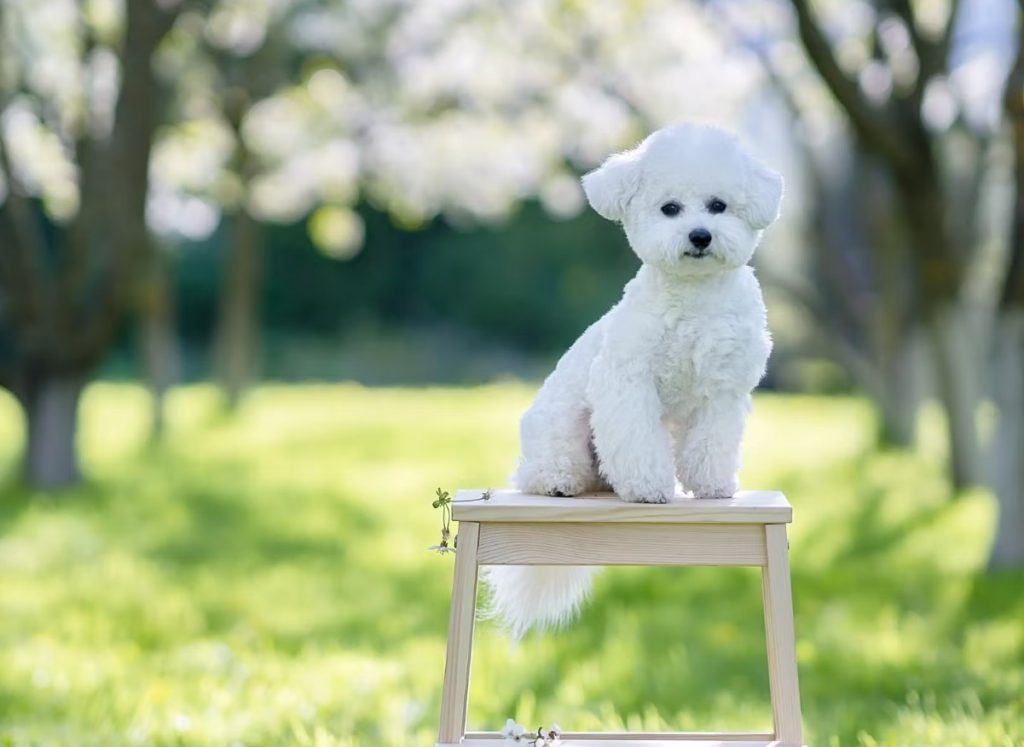
Grooming: A Significant Commitment
This is the most demanding aspect of Bichon ownership. Their beautiful, hypoallergenic coat does not maintain itself.
- The High-Maintenance Coat: Daily brushing is non-negotiable to prevent severe, painful mats and tangles. Their curly coat is prone to matting close to the skin. A combination of a slicker brush and a metal comb is essential.
- Professional Grooming: Most owners take their Bichon to a professional groomer every 4-6 weeks for a bath, blow-dry, and haircut. The popular “puppy cut” is a short, all-over trim that is much easier to maintain than the show coat.
- Tear Staining: Their white fur is prone to reddish-brown tear stains under the eyes. This can be managed by daily gentle wiping of the eye area and keeping the hair around the eyes trimmed.
- Other Needs: Regular teeth brushing (Toy breeds are prone to dental issues), ear cleaning (their floppy ears can trap moisture), and keeping the hair around their bottom trimmed for hygiene.
Training: Consistency and Positive Reinforcement
Training a Bichon requires patience, consistency, and a fun approach.
- Start Early: Begin socialization and training as a puppy. Expose them to a variety of people, sounds, and other animals to ensure they grow into a confident, well-adjusted adult.
- Housetraining: This can be their biggest training challenge. They are small dogs with small bladders and can be stubborn. A strict, consistent schedule with positive reinforcement is absolutely essential.
- Positive Reinforcement: They respond excellently to reward-based training with small, tasty treats, praise, and play. Keep sessions short and fun to hold their attention.
- Manage Barking: They can be prone to alert barking. Teach a “quiet” command from a young age to control this behavior.
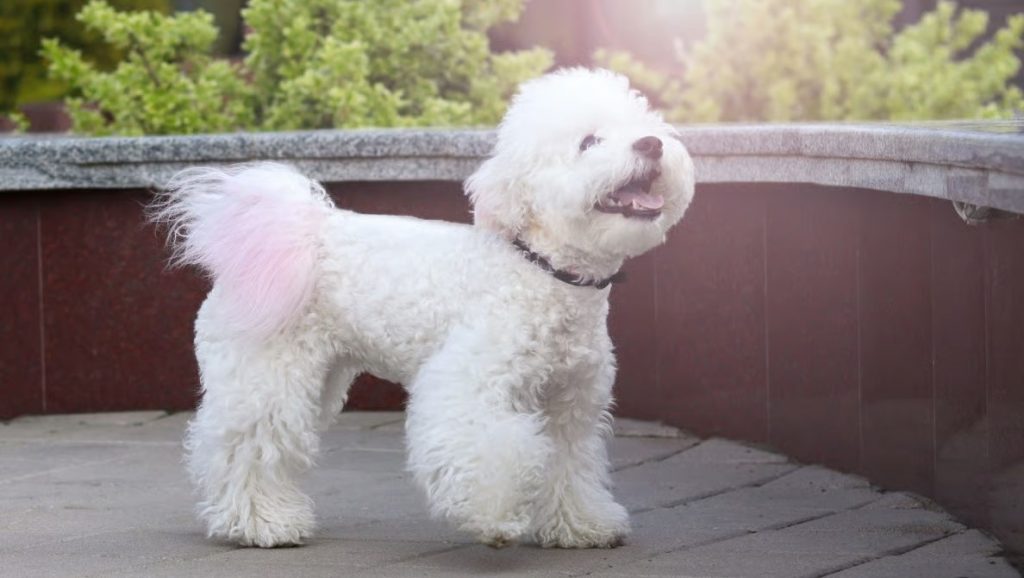
Health: What to Be Aware Of
Bichon Frises are generally long-lived, but they are prone to certain breed-specific health issues.
- Dental Problems: This is a major concern. Their small mouths lead to crowded teeth, making them highly prone to plaque, tartar, and early tooth loss. Daily teeth brushing and regular veterinary dental cleanings are non-negotiable.
- Allergies: They are prone to skin allergies, which can cause itching and hot spots. These can be related to food or environmental factors.
- Luxating Patella: A common condition in small breeds where the kneecap slips out of place.
- Bladder Issues: Such as bladder stones and infections.
- Eye Conditions: Cataracts can occur, especially in older dogs.
Is a Bichon Frise Right For You?
A Bichon Frise might be your perfect match if you:
- Want a cheerful, affectionate, and hypoallergenic companion.
- Live in an apartment or have limited space.
- Have the time and budget for a rigorous grooming routine.
- Are home often and can provide plenty of attention.
- Are prepared for the challenges of housetraining a small, sometimes stubborn dog.
You might want to reconsider if you:
- Want a low-maintenance, wash-and-wear breed.
- Are unprepared for the significant cost of professional grooming.
- Want a rugged hiking or jogging partner.
- Are away from home for long, regular hours.
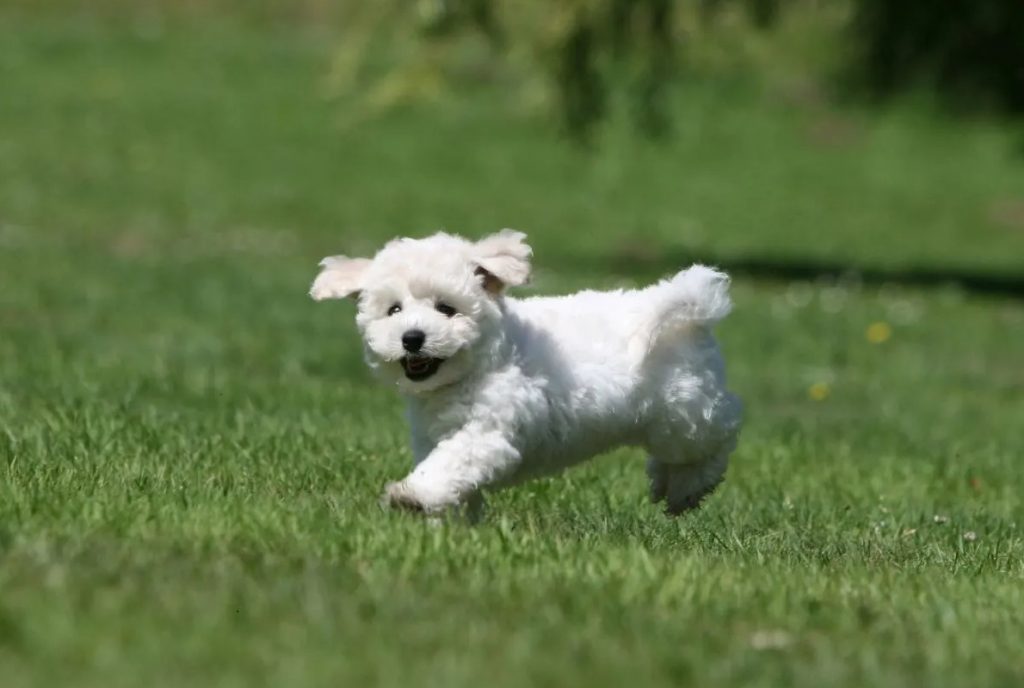
Finding Your Bichon Frise
- Reputable Breeders: Choose a breeder who prioritizes health and temperament. They should perform health tests on their breeding dogs (patella evaluations, eye exams) and be transparent about the breed’s challenges.
- Rescue & Shelters: Bichon Frise-specific rescues are common. Many dogs end up in rescue due to owners being unprepared for their grooming needs. Adopting an adult can be a wonderful way to provide a second chance.
Understanding the Cost: The initial purchase price from a reputable breeder in the U.S. typically ranges from $1,000 to $3,000+. However, prospective owners must budget for significant ongoing costs, primarily professional grooming ($60-$100+ per session every 4-6 weeks for life). High-quality food and potential veterinary care for allergies or dental issues should also be factored in.
Bringing a Bichon Frise into your life means welcoming a dose of joy, charm, and unwavering affection. In return for your dedicated grooming and care, you will receive a lifetime of loyal companionship from a dog whose sole purpose is to be your happy and loving friend.

